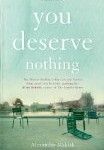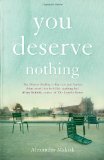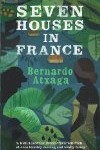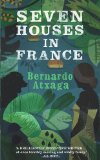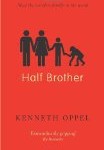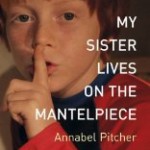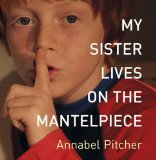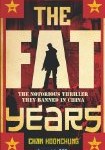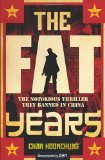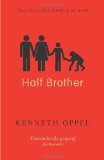
Half Brother by Kenneth Oppel
Five words from the blurb: chimp, boy, scientist, family, trouble
Half Brother is an entertaining YA novel about Ben, a boy who lives with a baby chimp. Ben’s father is a behavioural scientist and he brings the chimp into their family in an effort to teach it sign language. The book follows Ben’s life as it is turned upside-down by the chimp and the media attention it brings.
This is a sweet, entertaining book that introduces many topics to the teen reader. It would be a great discussion point for talks about our relationship with animals, animal experimentation and the definition of family.
As an adult reader I was charmed by this book. It didn’t contain anything particularly new or noteworthy, but was a good old page turner. Perfect for public transport or when you’re in need of a quick, easy read.

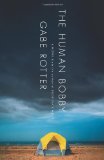
The Human Bobby by Gabe Rotter
Five words from the blurb: beach, gripping, revelation, puzzling, crime
Outstanding reviews from several of my favourite bloggers (most notably: A Reader’s Respite and You’ve Gotta Read This!) persuaded me to import a copy of this book from America. I’m not sure it is worth shipping across the world, but if you stumble across a copy in your local library you should definitely pick it up.
The Human Bobby is a fast paced read that focuses on Bobby, a homeless man living in a tent on the beach. Bobby used to have a good career, a wife and a young son, but he lost them all. The reasons for his downfall are revealed over the course of the book, as are a surprising number of twists and turns.
I read this book in a single sitting – it was impossible to put down! But on finishing it I felt a little deflated. Everything happened so fast that I didn’t have time to appreciate it – the reader is almost forced to skim read, swept up by the fast paced plot.
If you are after a book to captivate you for an evening then ensure you seek it out, but I don’t think this will leave a lasting impression on me.

.
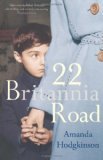
22 Britannia Road by Amanda Hodgkinson
Five words from the blurb: Poland, war, apart, son, England
I first came across this book when investigating the Waterstone’s 11 novels earlier this year. Despite having no interest in the blurb I was captivated by the voice of this little boy arriving in England after escaping atrocities in Poland.
22 Britannia Road is the address in Ipswich where this Polish family find themselves living after WWII. Janusz has not seen his wife or son for six years and the family find it hard to adjust to life together, as well as adapting to the culture of a different country.
This book is easy to read, packed with emotion and contains a few plot twists to keep the reader entertained. My only problem is that I have read similar things many times before and I am beginning to tire of immigration stories. This is one of the best ones I’ve read recently, but it wasn’t original enough to get me really excited.

‘
Have you read any of these books?
Did you find them as entertaining as I did?
 I have read lots of enjoyable books this year, but none stand out as modern day classics. I haven’t awarded my highest five star rating to any book published in 2011 and wonder if I’ve been reading the wrong books – or has it just been a slow year for fiction?
I have read lots of enjoyable books this year, but none stand out as modern day classics. I haven’t awarded my highest five star rating to any book published in 2011 and wonder if I’ve been reading the wrong books – or has it just been a slow year for fiction?